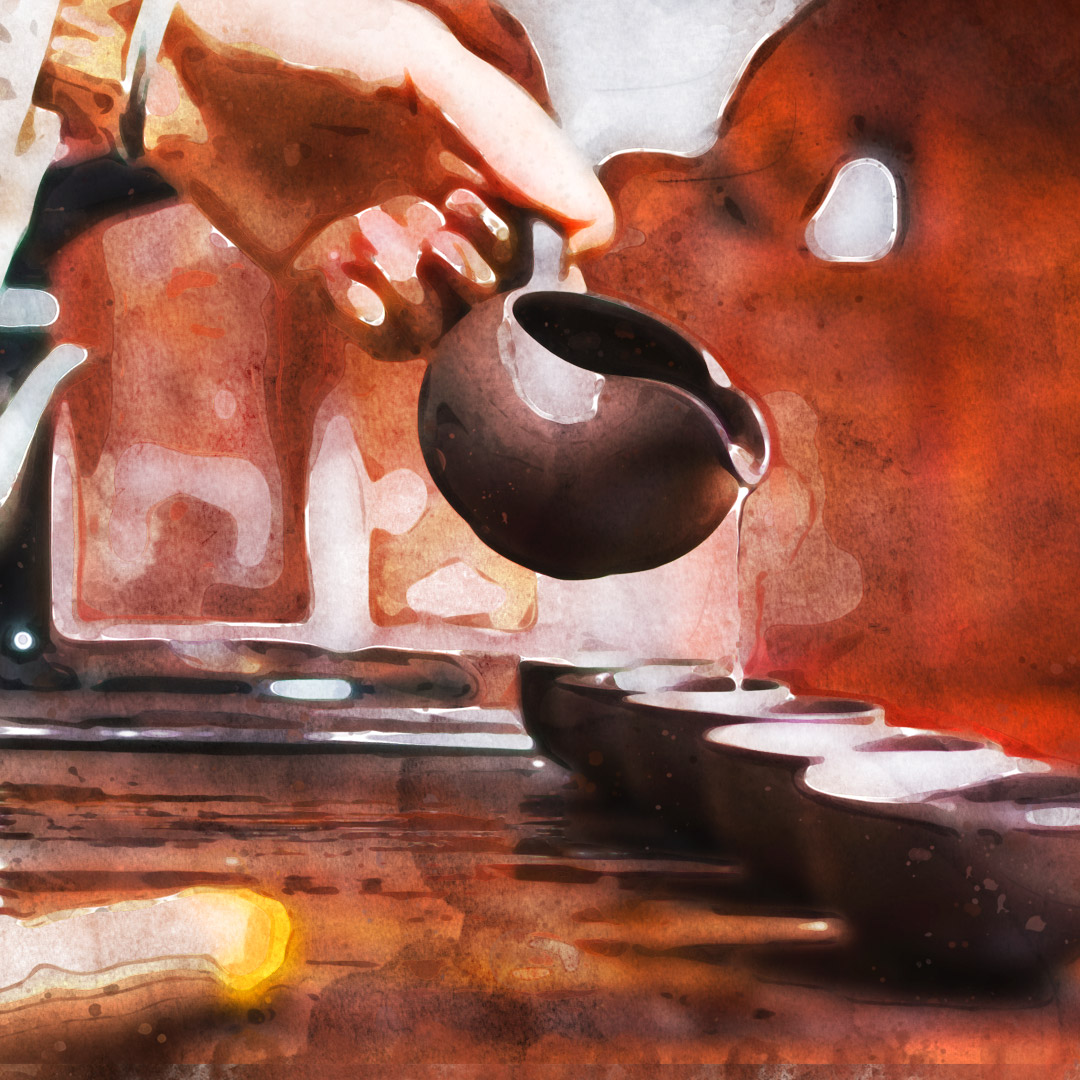A Koan is a little story, an image, or a fragment of a song with healing power. Practicing Koan Meditation can transform your heart, teach you to love your life, and guide you in the path of loving others(1).
Introduction
Koans are stories from Zen Buddhism that do not try to explain things. Instead, they open up a spiritual door for you and invite you on a journey(1). They help you realize that you are a part of the world and everything in it: the rivers, the forests, cities, and the sky. Koans help you realize that your life matters(1).
While meditation takes you beyond things that you already know and life’s illusions, Koan Meditation is little different from that. The practice teaches you to focus on what you already have and value it(1). Once you like a Koan, it stays with you forever. So, it is often said that a Koan chooses you(1).
History/Origins
Koans came from the Zen schools of Buddhism. They were designed to interact with a learner’s mind and help them attain enlightened awareness(2). Some Zen schools used Koans as key components to teach the long process of transforming the student’s consciousness(2).
Koan is a Japanese word which comes from the Chinese word “gong-an.” The literal meaning of Koan is “public case(2).” The word is derived from the fact that Zen Masters used Koans as meditation themes that the Zen people or the “public” studied and meditated upon(2).
Short Koans
Koan 1
One day Buddha noticed that Manjusri was standing outside the gate. Buddha called out, “Manjusri, why are you not entering?”
Manjusri replied, “I do not see myself outside. Why should I enter?”
Koan 2
Two monks were arguing about a flag. The first one said, “The flag is moving.”
“The wind is moving,” said the other monk.
While passing by them, Eno, the sixth patriarch, overheard their conversation. He then said, “Not the wind, not the flag; mind is moving.”
Benefits of Koan Meditation
According to a research paper by Jerry Grenard(5), Koan Meditation practitioners reported positive transformation including improved control over their concentration and emotions. Another article published in the Psychologia Journal(6) suggests that studying Koan can help the meditators achieve prolonged concentration, resulting in an enhanced problem-solving ability. Therefore, continuous practice of Koan Meditation can contribute to your overall growth.
References
- Lion’s Roar | The Essential Guide to How to Meditate | Zen Koans by John Tarrant
- Jain Publishing Company | Meditating with Koans by J. C. Cleary
- Contemporary Books | Zen Koans by Gyomay M. Kubose and Ryozo Ogura (Illustrator)
- Evinity Publishing Inc. | The Gateless Gate by Ekai and Mu-mon, Translated By Nyogen Senzaki and Paul Reps |Not Flag, Not Wind and Basho’s Staff
- Journal of Phenomenological Psychology | Volume 39, Issue 2 | The Phenomenology of Koan Meditation in Zen Buddhism by Jerry Grenard
- An International Journal of Psychology in the Orient | Volume 23, Issue 1 | Creativity and the Zen koan by Takao Umemoto and Sunnan K. Kubose






